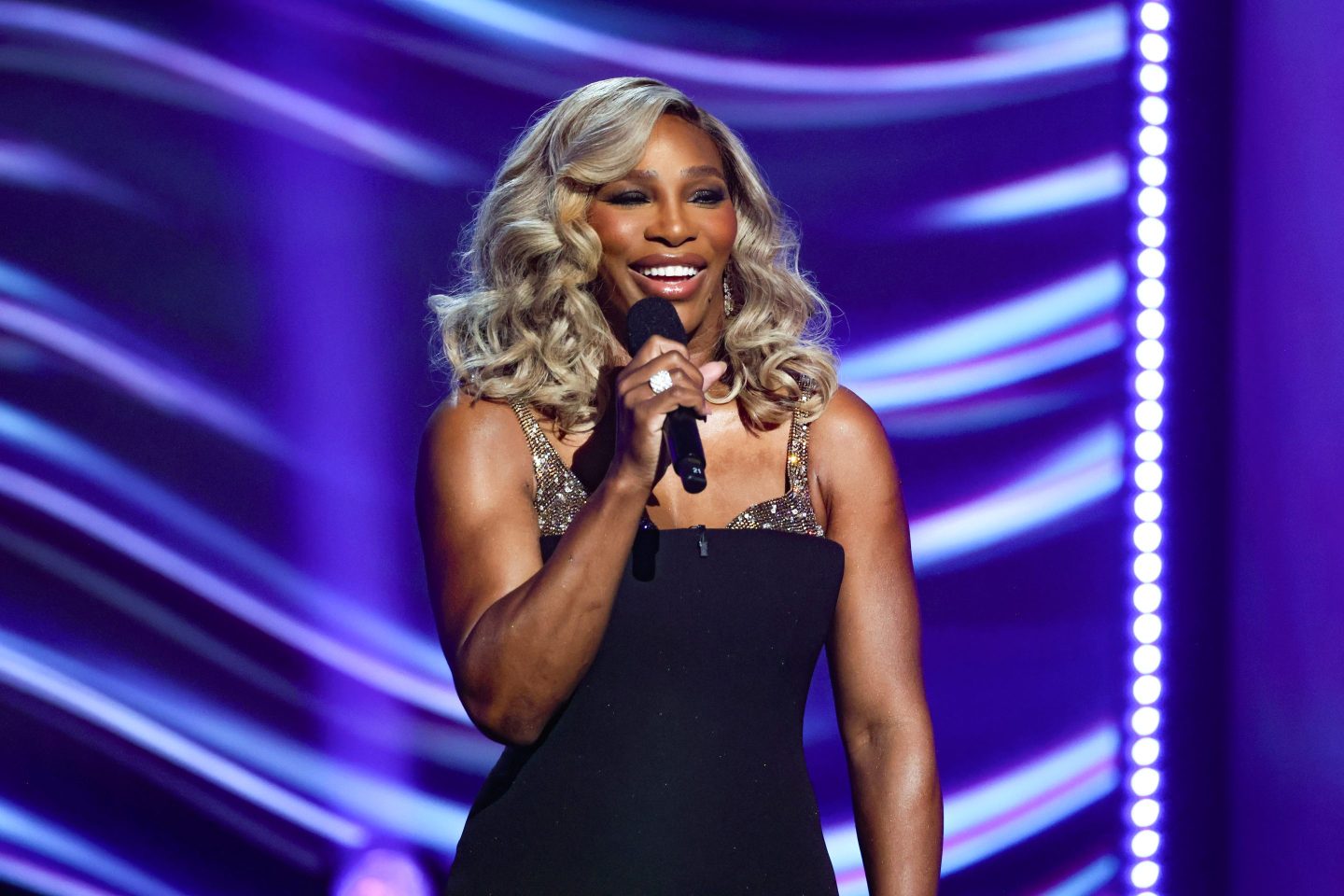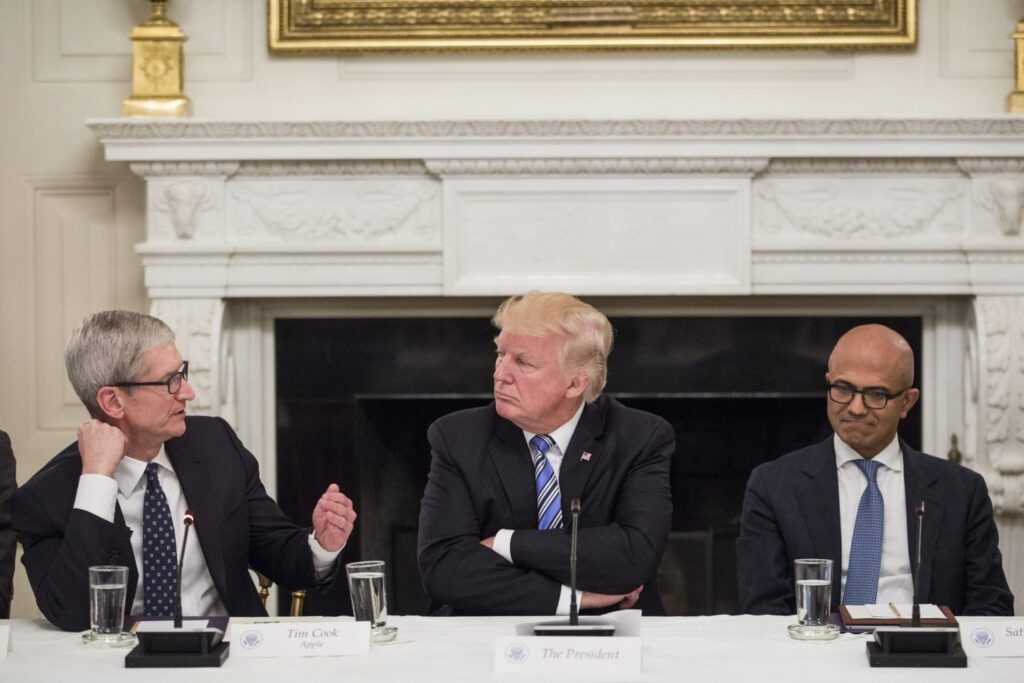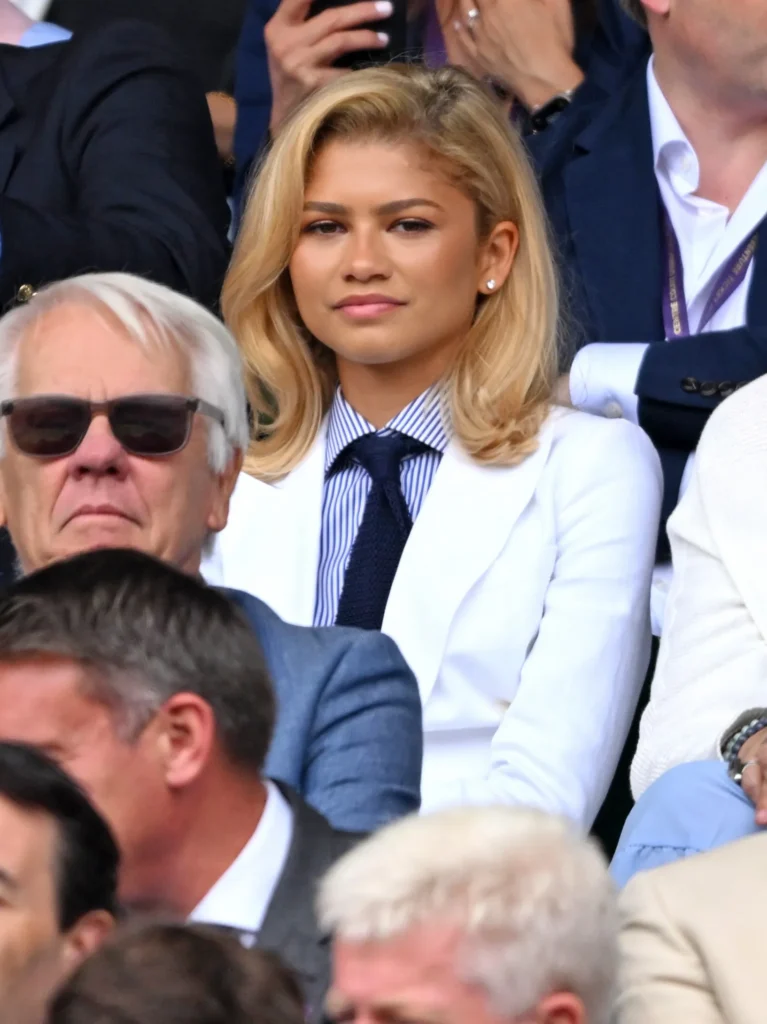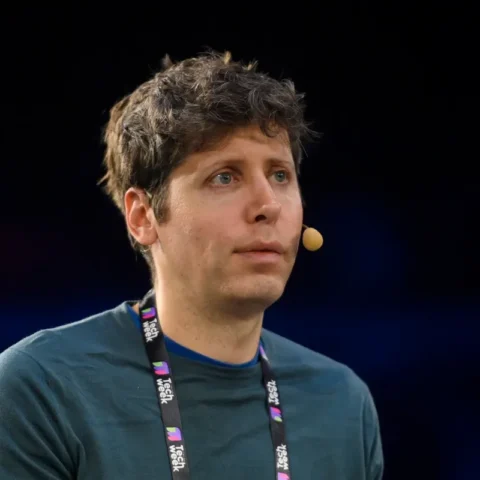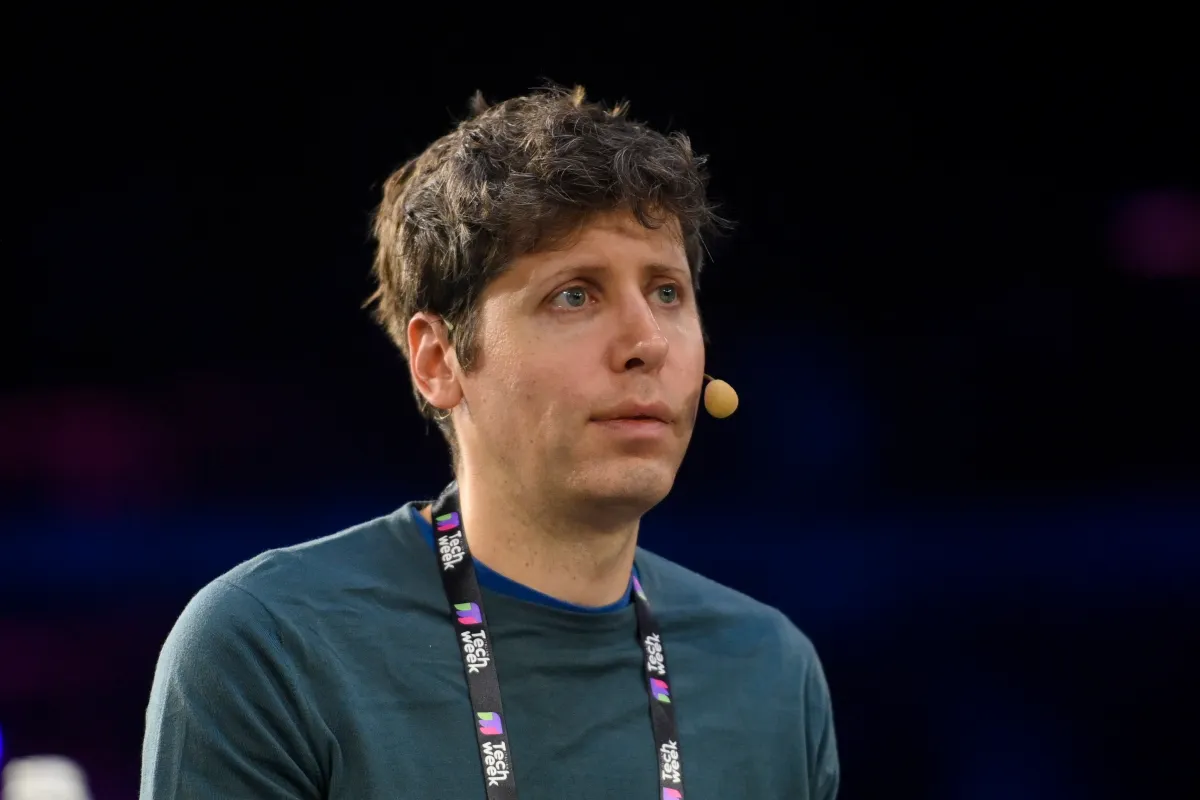At the 2024 ESPY Awards, tennis legend Serena Williams used her platform as the host to spotlight gender equity issues in sports, delivering a mix of humor and pointed commentary. The event, celebrating a stellar year in women’s sports, saw the South Carolina women’s basketball team named best team, Simone Biles winning comeback player of the year, and WNBA rookie Caitlin Clark taking home two awards.
However, it was Williams’ witty remarks on gender pay disparities that stood out, particularly a joke about Los Angeles Dodgers star Shohei Ohtani.
Serena Williams’ Opening Monologue
Williams referred to what she called “the craziest story of the year”: Ohtani’s translator allegedly stealing over $16 million to cover gambling debts. She quipped, “Sixteen million, y’all. Male athletes get paid so much more than female athletes, they don’t even notice losing $16 million.”
Pay Disparity in Sports
Williams, who retired in 2022 after an illustrious career, had long been the highest-paid female athlete. In her final year, she earned $45 million, second only to Naomi Osaka’s $59 million. Despite these figures, both athletes were among the few women to make Forbes’ top 50 highest-paid athletes list, with Osaka and Williams ranking 19th and 31st, respectively.
In contrast, Ohtani’s historic contract with the Dodgers, worth $700 million annually over a decade, underscored the vast earnings gap. Last year, his total earnings reached about $85 million, still not enough to break into the top 10 highest-paid athletes. Soccer stars Cristiano Ronaldo, Lionel Messi, and golfer Jon Rahm led the list with earnings of $260 million, $135 million, and $218 million, respectively.
Since 2012, only four female athletes, all tennis players, have made Forbes’ top 50 list. In 2024, with Williams retired and Osaka on a break for maternity leave, the highest-paid woman was Polish tennis player Iga Świątek, whose earnings were significantly lower than the $45.2 million needed to enter the top 50.
Critique of Media Coverage
Williams also took a jab at ESPN for its limited coverage of women’s sports. “I should be fair,” she said. “ESPN does show women’s sports when there’s no football, or basketball, or baseball, or hockey, or golf—or cornhole.”
Response to Harrison Butker
Williams didn’t hold back when addressing Kansas City Chiefs kicker Harrison Butker, who had sparked controversy with comments during a commencement speech suggesting female graduates were primarily excited about marriage and children. “We don’t need you,” Williams remarked dryly, in response to Butker’s statements.
Conclusion
Serena Williams used her role as ESPY Awards host not only to celebrate women’s achievements in sports but also to highlight ongoing gender disparities. Her sharp humor and candid remarks provided a powerful reminder of the work still needed to achieve equity in sports.

